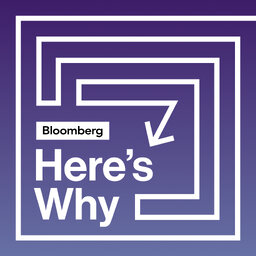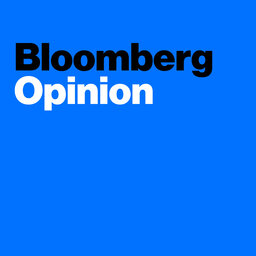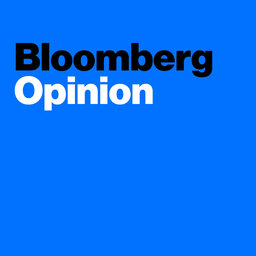Man versus market: Powell and Adani Go it Alone
John Authers and Mark Cranfield pick apart the market reaction to Fed Chair Jerome Powell's post-FOMC news conference. They appraise the market's response to what it heard. Indian industrialist Gautam Adani found himself at the mercy of the market this week too. Shuli Ren explains Adani's predicament and what any permanent damage may mean for India's growth trajectory.
In 1 playlist(s)
Bloomberg Opinion
Deeper conversations on the week's most significant developments. Tune in and join in!Social links
Follow podcast
Recent clips

Introducing 'Here's Why' - Complex News Stories Explained
00:30

Airline Mergers and Restaurant Loyalty
35:20

Fossil Fuel Use and Drug Development
35:28
 Bloomberg Opinion
Bloomberg Opinion